NBC reports that the Health Department’s new restaurant grading program has already dinged some famous New York City establishments resulting in low grades.
Famed brasserie Les Halles has received 20 ‘violation points,’ which translates to a B. Inspectors found roaches and unprotected food in Les .jpg) Halles’ kitchen, both critical violations. Poor plumbing and a lack of vermin-proofing were also listed on the Health Department’s Restaurant Inspection Information website.
Halles’ kitchen, both critical violations. Poor plumbing and a lack of vermin-proofing were also listed on the Health Department’s Restaurant Inspection Information website.
Di Fara Pizzeria, considered to be one of the city’s top pizza restaurants, is just two violation points shy of a C. Three critical violations — mice, flies, and poor refrigeration or heating equipment — as well as three other violations brought its grade to 26 violation points.
McSorley’s Old Ale House and the Regency Hotel on Park Avenue have both received over 30 violation points. McSorley’s, the city’s oldest bar, received 38 points, including four critical violations for flies and "tobacco use, eating or drinking…in food preparation , storage, or dishwashing area." And the Regency Hotel, with 44 points, had six critical violations, including improperly sanitized utensils and food preparation surfaces, cross-contamination.
Of the 631 restaurants inspected since July 27, ninety-nine, or 16 percent have received As. Three hundred and five, or 48 percent, received Bs, and 227, or 36 percent, have received Cs. These initial grades can be appealed.
DNA Info reports a Barnes & Noble cafe received an "A" grade under the city’s new restaurant rating system, despite evidence of mice.
Health Department spokeswoman Celina De Leon said inspectors found a "small number of mice droppings" on the floor of the café adding,
.jpg) "While this presents evidence of a problem, there was no evidence that the problem was widespread or had contaminated food.
"While this presents evidence of a problem, there was no evidence that the problem was widespread or had contaminated food.
Barney Greengrass, the legendary purveyor of smoked fish and bagels, racked up so many violations — 42 points — during a July 29 inspection that the restaurant could wind up with a C grade if it doesn’t correct problems.
Shake Shack’s Columbus Avenue location received 19 points during an April inspection, a score that would rate a B grade under the new system.
The burger joint was docked for having food that was "spoiled, adulterated, contaminated or cross-contaminated" and for "evidence of roaches."
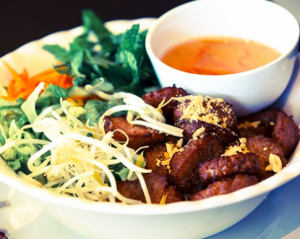 It come after eight diners were left with a bad taste in their mouth after claiming a visit to the restaurant gave them food poisoning.
It come after eight diners were left with a bad taste in their mouth after claiming a visit to the restaurant gave them food poisoning.
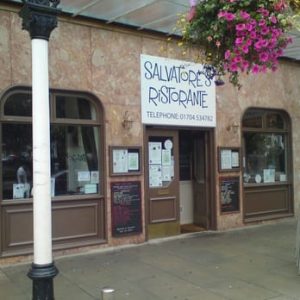


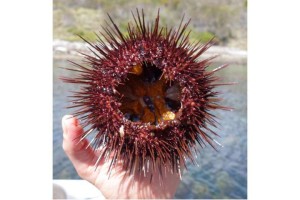

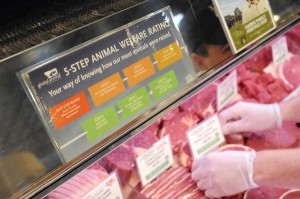

.jpg) Halles’ kitchen, both critical violations. Poor plumbing and a lack of vermin-proofing were also listed on the Health Department’s Restaurant Inspection Information website.
Halles’ kitchen, both critical violations. Poor plumbing and a lack of vermin-proofing were also listed on the Health Department’s Restaurant Inspection Information website. Inspector Dean Lindley of Hornsby police told Westmead Coroners Court yesterday that an investigation by the NSW Food Authority discovered Bacillus cereus in an asparagus cream sauce served to Hodgins and 14 other customers that night who had ordered the fish of the day, snapper.
Inspector Dean Lindley of Hornsby police told Westmead Coroners Court yesterday that an investigation by the NSW Food Authority discovered Bacillus cereus in an asparagus cream sauce served to Hodgins and 14 other customers that night who had ordered the fish of the day, snapper.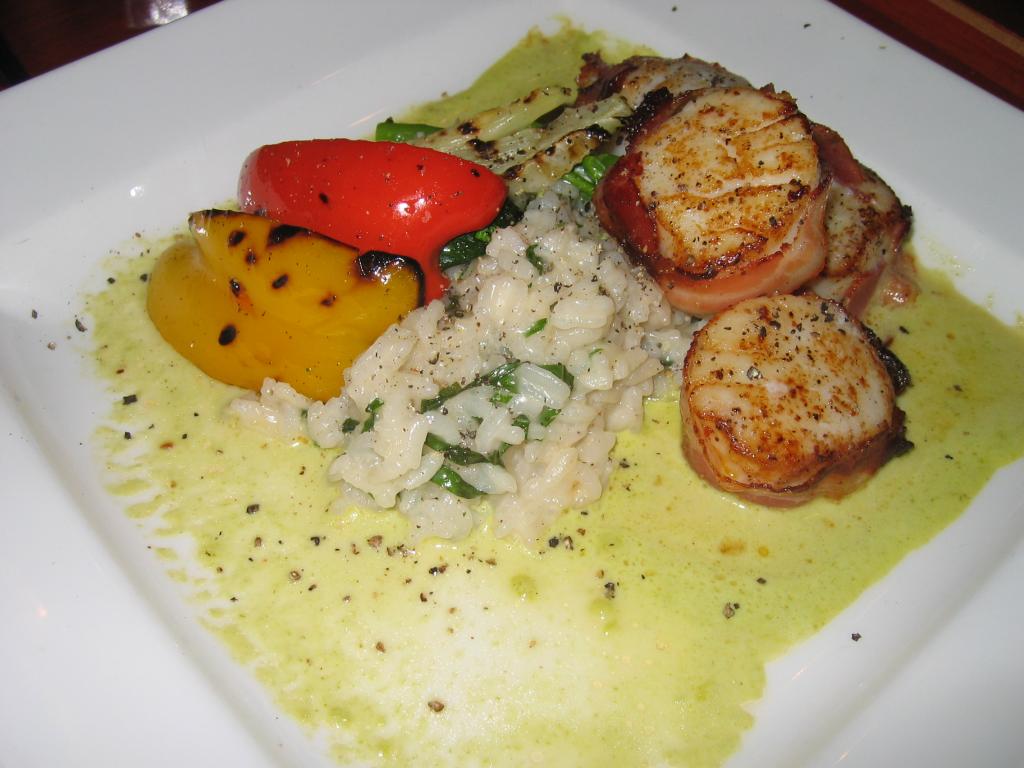 "The sauce had subsequently been analysed by the Division of Analytical Laboratories and had been found to contain the pathogen Bacillus cereus at a level of 9.8 million parts … Mr Biffin informed me that the toxic level of this pathogen is 1 million parts … Biffin further stated that in his experience this pathogen thrives in an environment where the food is heated and cooled over a period of time. During the course of the investigation I came to the opinion that the deceased William Hodgins had eaten the asparagus sauce. The sauce at the time of consumption was contaminated by the pathogen Bacillus cereus after having been repeatedly subjected to temperature abuse in that it was heated and cooled a number of times over 48 hours by restaurant staff."
"The sauce had subsequently been analysed by the Division of Analytical Laboratories and had been found to contain the pathogen Bacillus cereus at a level of 9.8 million parts … Mr Biffin informed me that the toxic level of this pathogen is 1 million parts … Biffin further stated that in his experience this pathogen thrives in an environment where the food is heated and cooled over a period of time. During the course of the investigation I came to the opinion that the deceased William Hodgins had eaten the asparagus sauce. The sauce at the time of consumption was contaminated by the pathogen Bacillus cereus after having been repeatedly subjected to temperature abuse in that it was heated and cooled a number of times over 48 hours by restaurant staff."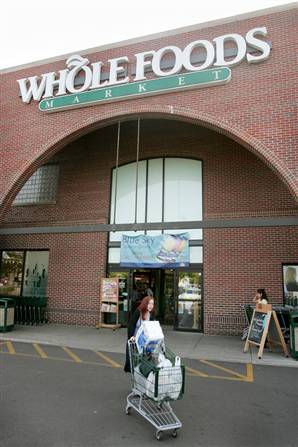 Store manager David Cosper said the market’s sheer size and diversity of offerings may have contributed towards the failing grade, which Whole Foods took steps to fix “immediately."
Store manager David Cosper said the market’s sheer size and diversity of offerings may have contributed towards the failing grade, which Whole Foods took steps to fix “immediately."